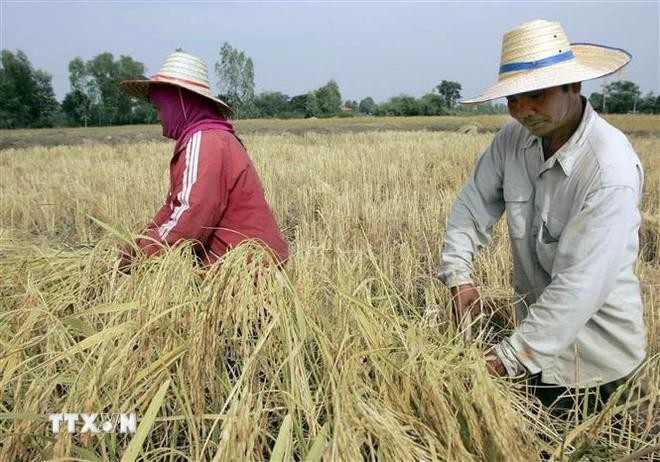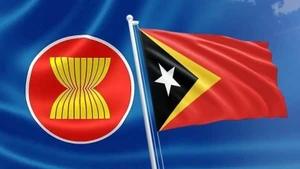Poonpong Naiyanapakorn, Director of the ministry's Trade Policy and Strategy Office (TPSO), emphasised the urgent need for Thailand's agricultural sector to adapt to environmental challenges and evolving consumer preferences.
As one of the world’s largest rice exporters, Thailand is facing increasing pressure in decreasing greenhouse gas emissions from its agricultural activities.
Recent data reveals that the agriculture sector accounts for 15.23% of Thailand's total greenhouse gas emissions, only behind the energy sector at 69.96%. Notably, rice cultivation alone makes up 50.58% of the agriculture sector’s total emissions.
Poonpong noted that rice cultivation currently generates the highest amount of greenhouse gas emissions within the agricultural sector. Consequently, Thailand needs to promote low-carbon rice production through methods and technologies that reduce emissions to cater to environmentally conscious consumers and tap into premium markets.
Thailand has taken steps in this direction through initiatives such as the Thai Rice Nationally Appropriate Mitigation Action (NAMA) project, which ran from August 2018 to July 2024. This sustainable development project was a collaboration between the Thai Ministry of Agriculture and Cooperatives, and Germany's GIZ.
Thailand exported 8.77 million tonnes of rice, valued at 5.15 billion USD in 2023. In the first nine months of this year, the respective figures were 7.45 million tonnes and 4.83 billion USD.
















